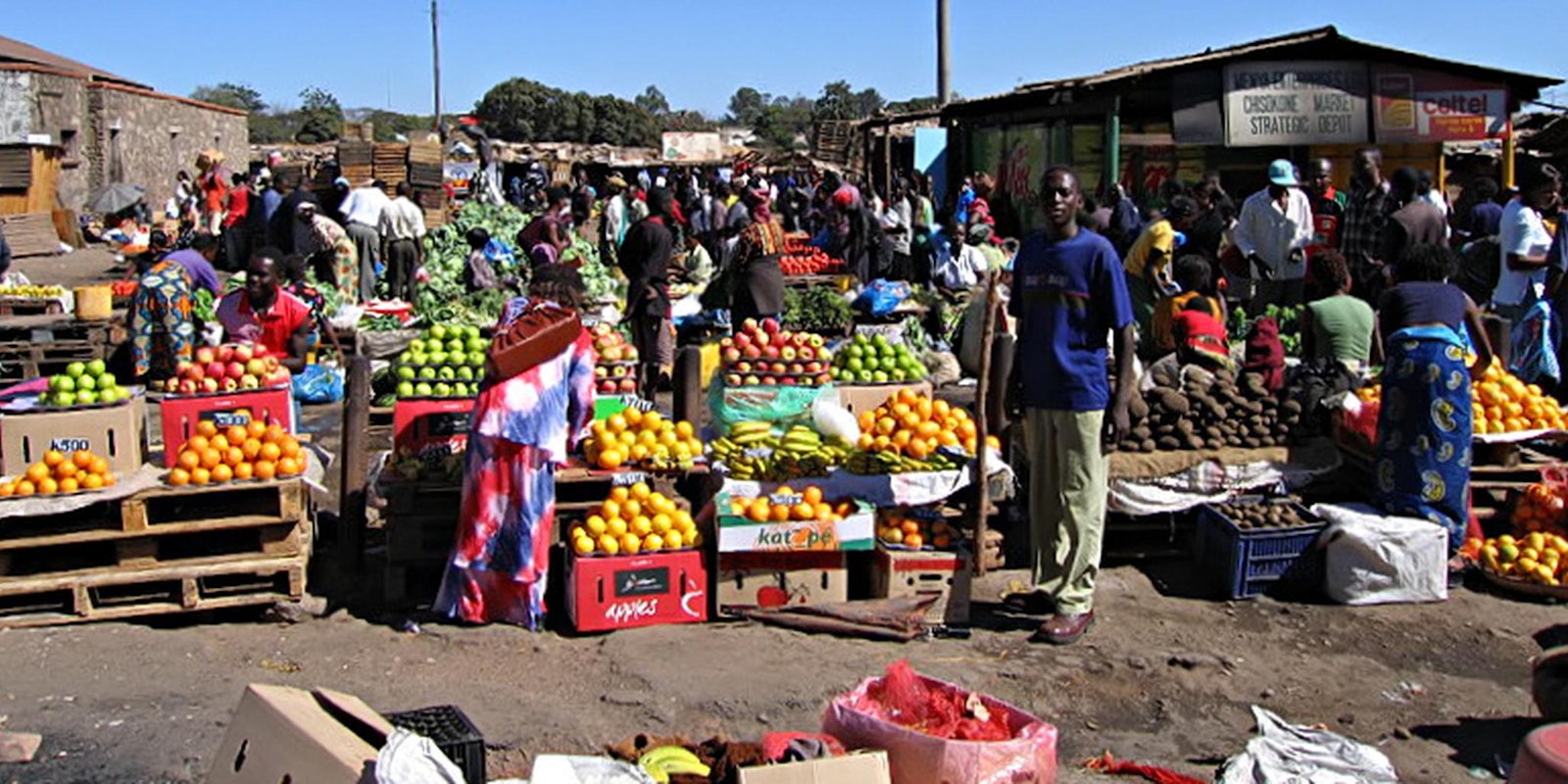Zambia may have recently been named one of the world’s fastest recovering economies by the World Bank, but the south African nation is not without its struggles. Despite having a democratically elected president—only the fifth in the country’s 49-year history—68 percent of its people live in poverty, and its huge emerald-smuggling racket is only getting more powerful.
Now, Zambian news website the Zambian Watchdog is facing censorship from one of Zambia’s most prominent Internet service providers (ISP).
The English-language website has been one of many public voices critical of Zambia’s Chief Justice, who some Zambians view as a corrupt official. Zambia’s opposition party, the MMD, is planning to protest today in a call for the female Justice Lombe Chibesakunda to step down.
There’s no proven connection between the government and Zambian ISP Airtel’s decision to block access to the Watchdog—but anonymous reports claim that government officials are directly overseeing the ISP’s bans on the site. And only a few days after readers first started having difficulty accessing it, Zambian Vice President Guy Scott declared he would “celebrate” if the website went dark. As the reported:
“This is the website that has accused everyone of being adulterous, a thief, terminally ill, corrupt, and so on,” Scott was quoted by Lusaka Times as saying, “so we would glad to have it shut because it is denting our image abroad.”
Airtel and other Zambian ISPs reportedly began blocking the website around the same time two weeks ago, prompting the Watchdog to move to a secure (https://) domain that it claims is not being blocked. The downside? Most Zambians don’t know about the move and believe the site is still inaccessible.
Zambian musician Maiko Zulu, whose reggae-influenced music and socially conscious lyrics have made him a recognized international star, declared he was switching ISPs over Airtel’s censorship of the site, and he encouraged other supporters of free speech to follow suit.
As a defender of press freedom and freedom of expression, it is my duty to raise concern over such a development […] As insignificant and negligible as it may seem, I personally have resorted to putting away my [Airtel] sim card and will for now use only MTN for cellular communication.
The Watchdog thanked Zulu for his support, but the site later published an anonymous letter that claimed the ruling party of Zambia had paid a visit to Zulu’s new preferred ISP to make sure that it, too, was blocking the citizen media site.
Despite having a Facebook of his own, Zambian President Michael Sata’s fondness for the Internet doesn’t extend to media critical of him. He has expressed interest in censoring such voices since his inauguration in 2011, and the Zambian Watchdog didn’t do itself any favors last December when it strongly implied that Sata was continuing a long line of national dictators.
H/T Global Voices Online | Photo via Wikipedia


